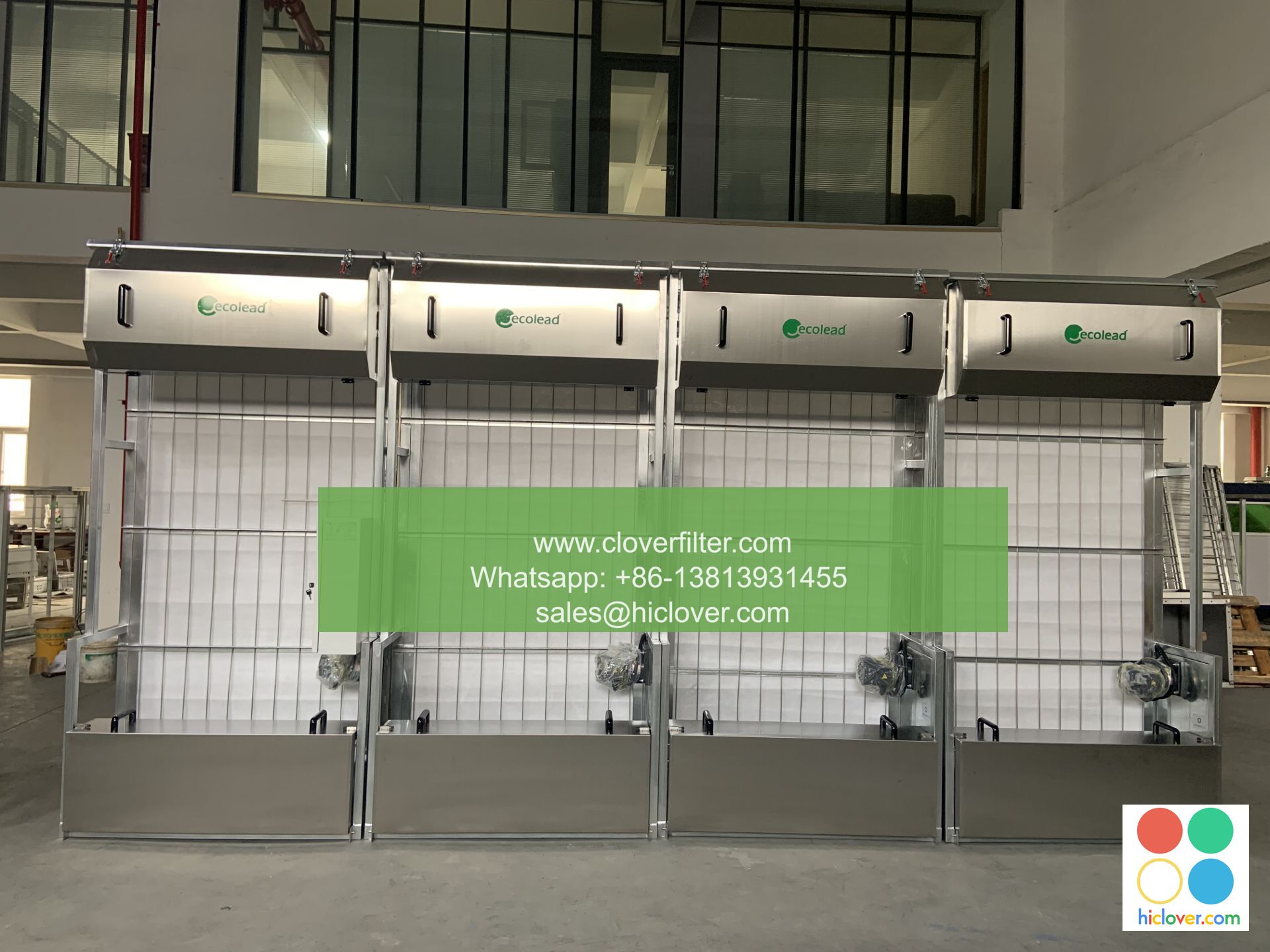Air Filters for Industrial Uses: What You Need to Know

Industrial air filters are a crucial component in maintaining a safe and healthy working environment, as well as ensuring the quality of products and processes. In this article, we will delve into the world of industrial air filtration, highlighting various application areas, key considerations, and the importance of selecting the right air filter for your specific needs.
Types of Industrial Air Filters
There are several types of industrial air filters available, each with its own unique characteristics and applications. Some of the most common types include:
– HEPA (High Efficiency Particulate Air) filters, which are designed to capture 99.97% of particles as small as 0.3 microns, making them ideal for applications where high levels of cleanliness are required, such as in pharmaceutical manufacturing and food processing.
– Activated Carbon filters, which are used to remove gases, vapors, and odors from the air, and are commonly used in industrial odor control and air pollution control applications.
– Pleated filters, which are designed to provide high levels of filtration while minimizing pressure drop, making them suitable for use in industrial HVAC systems and air handling units.
Application Areas for Industrial Air Filters
Industrial air filters have a wide range of applications across various industries, including:
– Pharmaceutical manufacturing, where cleanroom air filtration is critical to preventing contamination and ensuring product quality.
– Food processing, where air filtration systems are used to prevent spoilage and contamination, and to maintain a clean and safe working environment.
– Aerospace manufacturing, where aerospace air filtration is used to prevent damage to sensitive equipment and to maintain a high level of cleanliness.
– Automotive manufacturing, where industrial air filtration systems are used to remove particles and contaminants from the air, improving product quality and worker safety.
Key Considerations for Selecting Industrial Air Filters
When selecting industrial air filters, there are several key considerations to keep in mind, including:
– Filtration efficiency, which refers to the ability of the filter to capture particles of a certain size.
– Pressure drop, which refers to the loss of airflow through the filter, and can impact the overall efficiency of the system.
– Filter life, which refers to the length of time the filter can be used before it needs to be replaced.
– Maintenance requirements, which can impact the overall cost and efficiency of the system.
Benefits of Using Industrial Air Filters
The use of industrial air filters can have numerous benefits, including:
– Improved product quality, by preventing contamination and maintaining a clean working environment.
– Increased worker safety, by removing particles and contaminants from the air.
– Reduced energy costs, by minimizing the amount of energy required to heat and cool the air.
– Extended equipment life, by preventing damage from particles and contaminants.
Conclusion
In conclusion, industrial air filters are a critical component in maintaining a safe and healthy working environment, as well as ensuring the quality of products and processes. By understanding the different types of industrial air filters, their application areas, and key considerations, you can select the right filter for your specific needs and reap the numerous benefits they have to offer. Whether you are in the pharmaceutical manufacturing, food processing, aerospace manufacturing, or automotive manufacturing industry, industrial air filters are an essential tool in maintaining a clean and safe working environment. It seems like you haven’t asked a question or provided any context. Could you please provide more information or ask a specific question so I can assist you better?

